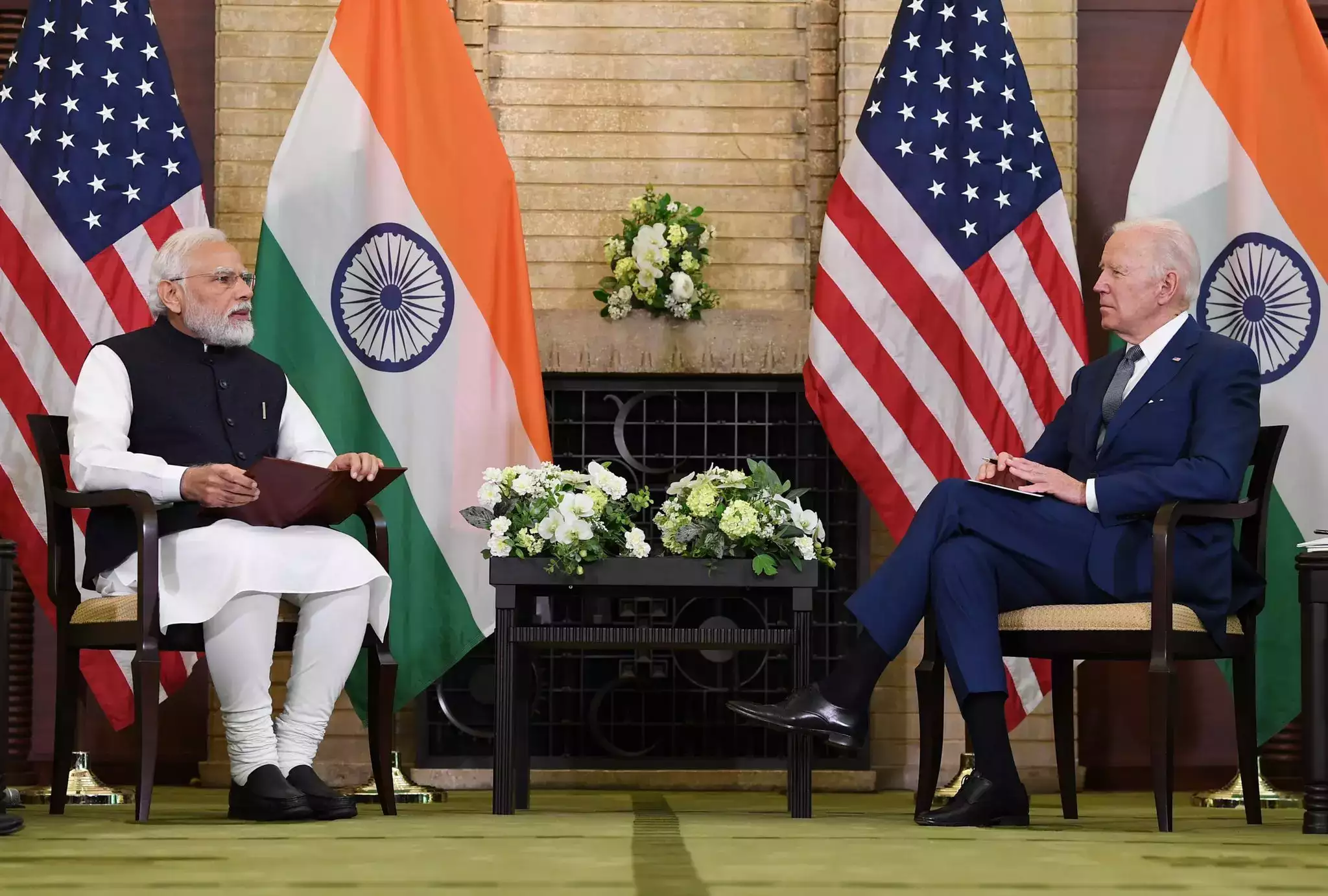Bilateral agreements between nations play a pivotal role in shaping international relations, promoting cooperation, and enhancing strategic partnerships. The United States and India have forged a series of significant agreements aimed at bolstering their strategic ties and addressing mutual concerns. This article dives into four key bilateral deals – COMCASA, LEMOA, GSOMIA, and BECA – exploring their purposes, implications, and contributions to the US-India partnership.
1. COMCASA (Communications Compatibility and Security Agreement)
COMCASA stands as a testament to the growing technological collaboration between the United States and India. Signed in 2018, this agreement aims to enhance communication interoperability between the armed forces of both nations. By sharing encrypted communications and data links, both countries can improve their joint military operations, intelligence sharing, and situational awareness. This deal ensures that India has access to advanced American communication systems, thereby facilitating a stronger coordination framework for maritime security and counterterrorism efforts.
2. LEMOA (Logistics Exchange Memorandum of Agreement)
In 2016, India and the United States entered into the LEMOA, a landmark pact that focuses on mutual logistical support during exercises, training, and humanitarian assistance. The agreement permits both nations to access each other’s military facilities for refueling, replenishment, and maintenance, significantly reducing operational costs and enhancing operational efficiency. LEMOA underscores the commitment to strategic cooperation and the development of a framework for long-term collaboration between the two countries.
3. GSOMIA (General Security of Military Information Agreement)
GSOMIA, established in 2002, is a pivotal pact that promotes the exchange of sensitive intelligence and military information between India and the United States. This agreement serves as the foundation for counterterrorism efforts, ensuring that both countries can share critical data to address emerging threats effectively. GSOMIA plays an indispensable role in building trust and confidence, enabling joint responses to regional and global security challenges.
4. BECA (Basic Exchange and Cooperation Agreement for Geospatial Cooperation)
BECA, signed in 2020, underscores the technological convergence between India and the United States. This agreement focuses on sharing geospatial intelligence and satellite data, empowering both nations to enhance accuracy in navigation, missile targeting, and disaster management. The pact provides India with access to advanced mapping and satellite technologies, thereby bolstering its defense capabilities and expanding its strategic outreach.
Implications and Future Prospects
The COMCASA, LEMOA, GSOMIA, and BECA agreements represent critical milestones in the evolution of US-India bilateral relations. These pacts emphasize trust, interoperability, and shared interests, reflecting a deeper commitment to regional stability and security. They enable both countries to address contemporary challenges such as terrorism, maritime security, and disaster response with a collective approach.
Looking ahead, these agreements lay the groundwork for expanded cooperation in various domains, including technology, defense, and trade. As the geopolitical landscape continues to evolve, the US-India partnership is likely to play an even more significant role in maintaining a free and open Indo-Pacific region. These agreements are pivotal not only for the two countries directly involved but also for the broader stability of the region.
The COMCASA, LEMOA, GSOMIA, and BECA agreements exemplify the multifaceted nature of the strategic partnership between the United States and India. Rooted in shared values, mutual interests, and a commitment to global peace, these pacts signify a new era of cooperation that transcends geographical boundaries. By fostering interoperability, trust, and advanced technological collaboration, these agreements pave the way for a more secure and prosperous future for both nations and the wider world.
picture:- TOI



